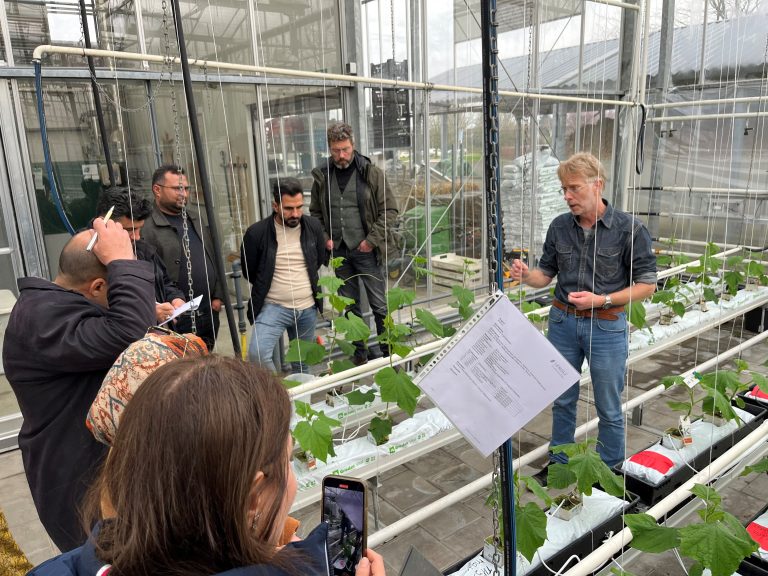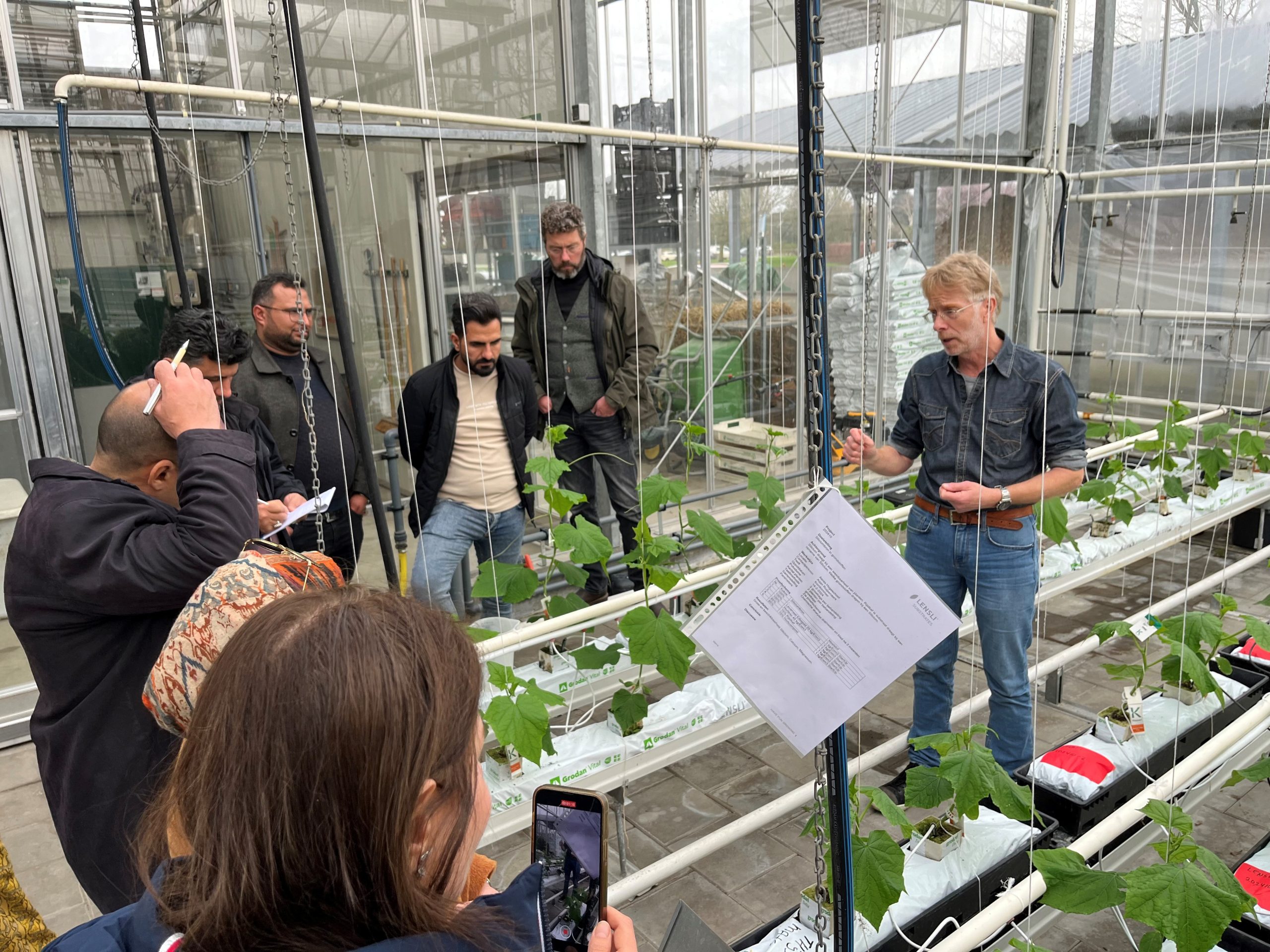28
Lecturers and students trained
5
Curricula revised
28
Student internships
17
Agreements established

Project Overview
Iraq is facing a severe water crisis. Population growth, economic development, the construction of dams in neighboring countries, and declining rainfall due to climate change have all put pressure on the country’s water resources. Agriculture alone accounts for about 75% of Iraq’s water use. To address this, Iraq does not primarily need financial aid, but knowledge exchange and capacity building.
iCRA, together with Wageningen University & Research (WUR), joined forces to strengthen the agricultural education sector in Iraq. The project supported the College of Agriculture at Salahaddin University–Erbil and the University of Kerbala, focusing on soil and water management as well as entrepreneurial education.
By equipping teaching staff with new tools and approaches, the project helps universities prepare graduates to not only address Iraq’s pressing water and soil challenges, but also to create their own opportunities in the agricultural sector.
Why Entrepreneurship Matters
Public sector jobs in agriculture are becoming scarcer. This project encouraged a shift towards a more entrepreneurial mindset among graduates, ensuring they are ready to build sustainable businesses and careers. iCRA’s contribution focused on supporting staff to design and deliver courses that integrate entrepreneurial and life skills into agricultural education.
As a result, graduates will leave university with:
-
Business knowledge and skills to start and run agricultural enterprises
-
Life skills such as problem-solving, teamwork, risk-taking, communication, and self-presentation
-
Sector insight into challenges, opportunities, and trends in agriculture, helping them identify innovative business solutions
-
Strong networks with peers, faculty, and private sector actors, opening doors for partnerships, internships, and business ventures
Long-Term Impact
The project aims to contribute to food security and efficient water management in Iraq by enabling climate-smart agriculture. Over time, this will strengthen resilience against water scarcity and improve rural livelihoods.
Key Results
-
28 lecturers and students trained in climate-smart soil and water conservation and entrepreneurial skills
-
5 curricula revised (degree and non-degree), integrating entrepreneurial, life, and marketing skills, implemented for two cohorts
-
5 internship manuals redesigned to guide effective private sector placements
-
28 student internships aligned with the new approach
-
17 agreements (3 formal and 14 informal) established with private companies, NGOs, and organizations within six months of project completion. These partnerships focus on student engagement, internships, and curriculum development — and even paved the way for new departments like Smart Agriculture Technology and Agrotourism
Location(s)
Timeline
July 2023 – August 2024
Category
Agri-education
Key theme(s)
Water & Soil Management, Entrepreneurial Education, University Capacity Building, Partnerships & Networks
Partners
“iCRA helped us integrate entrepreneurship and life skills into our programs, preparing students for real-world challenges”


